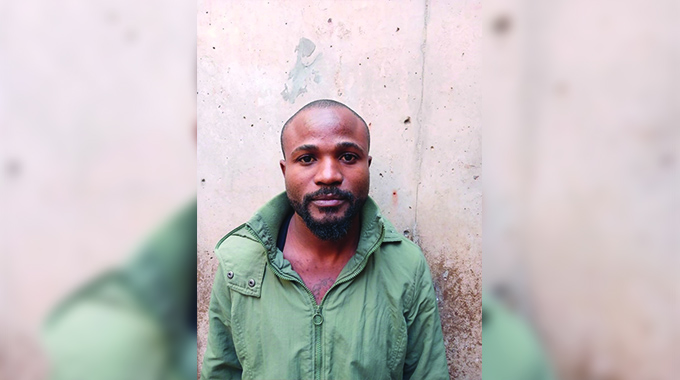Vietnamese court sentences tycoon to death in multibillion-dollar fraud case

A Vietnamese court sentenced a business executive to death Thursday in a multibillion-dollar fraud case as the country’s ruling Communist Party seeks to crack down on corruption.
A court in Ho Chi Minh City sentenced Truong My Lan, a 67-year-old real estate tycoon, to death on mass-scale embezzlement charges, state media reported. She received additional 20-year sentences for bribery and violating lending regulations and was ordered to pay nearly $27 million in compensatory damages.
Lan, chairwoman of the real estate firm Van Thinh Phat Holdings Group, was convicted of fraudulently siphoning $12 billion from Saigon Joint Stock Commercial Bank — which she controlled for more than a decade, according to state media reports — into shell companies. She had seized control of 91.5 percent of SCB’s shares, allegedly using co-conspirators as proxies to circumvent strict laws against such extensive power over financial institutions, state media outlets reported. To enable the scheme, she allegedly installed complicit executives into high-ranking positions at the bank and bribed regulators, according to state media reports.
The total takings, according to the charges on which she was convicted, were equivalent to more than 3 percent of the country’s gross domestic product as of 2022.
A run on the bank following Lan’s arrest in 2022 forced Vietnam’s central bank to intervene. An article in Nhan Dan, the Communist Party’s official newspaper, sought to quell concerns and dispel “negative rumors” about Lan’s detention. The article quoted the head of Vietnam’s central bank, who said SCB was “operating normally and stably.” Lan, the article said, “does not hold managerial or executive positions at the bank.”
Her sentence is perhaps the highest-profile display of the Communist Party’s efforts to root out corruption and draw investment from international companies as firms reduce their presence in China. A 2023 report by the Organization for Economic Cooperation and Development found that “the level of corruption risk” in Vietnam remained “high,” and that anti-corruption efforts would “bring tangible benefits” in improving Vietnam’s economic growth.
The case involves a wide web of alleged accomplices: 85 other defendants are accused of participating in the fraud. Lan’s husband, Eric Chu, a businessman from Hong Kong, was sentenced to nine years in prison for his alleged involvement in the fraud, according to state media. Lan’s driver is accused of ferrying cash across Ho Chi Minh City.
One of Lan’s attorneys, Nguyen Huy Thiep, told Reuters that Lan will appeal her sentence.
While the majority of death sentences in Vietnam are for drug-related offenses, the one-party Communist state is also known to impose capital punishment for white-collar crimes, according to Amnesty International. The human rights organization said in a 2023 report that more than 102 people were sentenced to death there in 2022, though the number of executions was unclear because of “secrecy surrounding figures and limited access to information.”
Vietnam uses the death penalty as punishment for 22 crimes including murder, rape and fraud, according to the World Coalition Against the Death Penalty, which tracks the use of capital punishment globally. Embezzlement of as little as 500 million Vietnamese dong — $20,000 — of government funds qualifies for such punishment, according to the group.










Comments